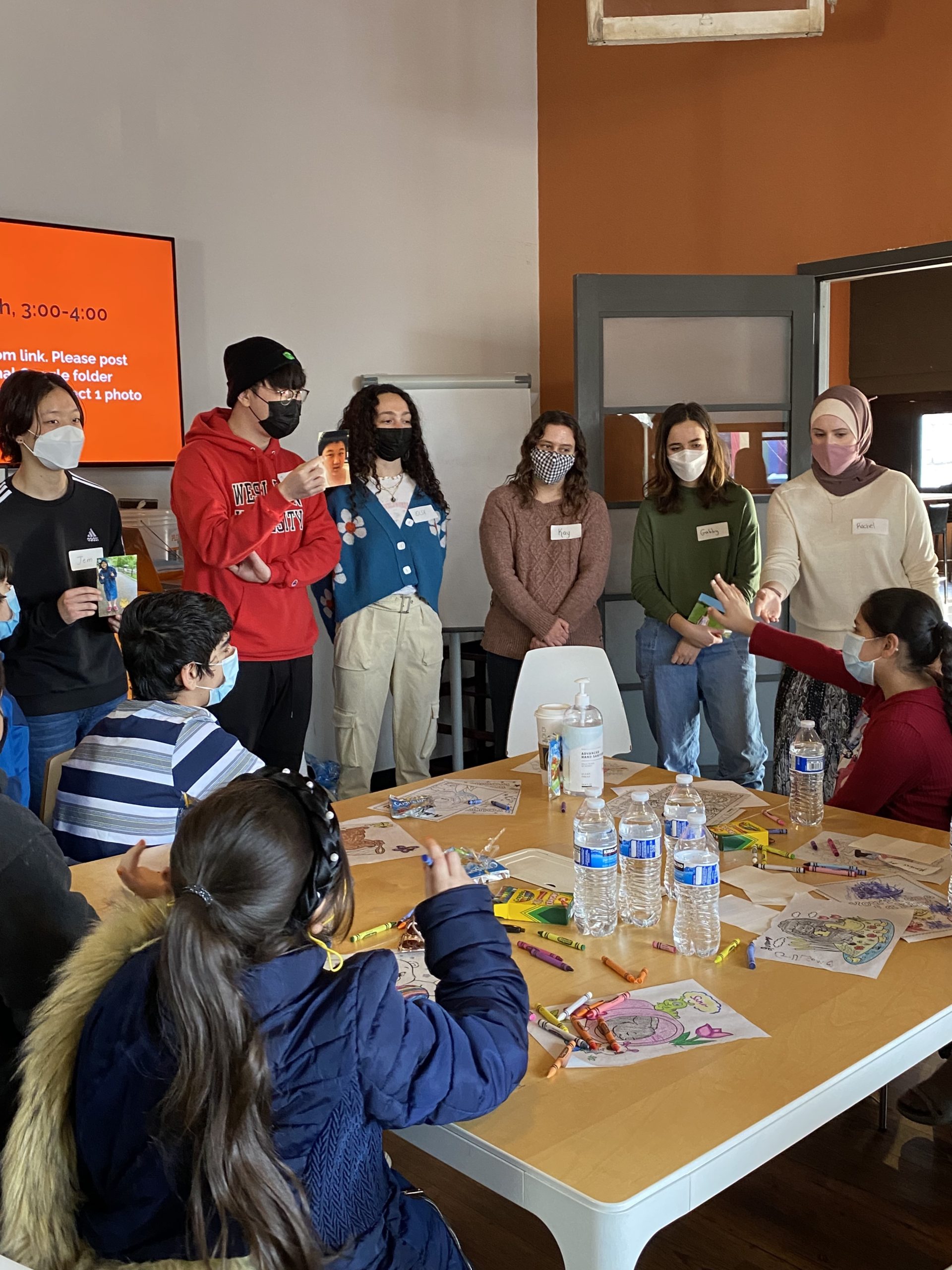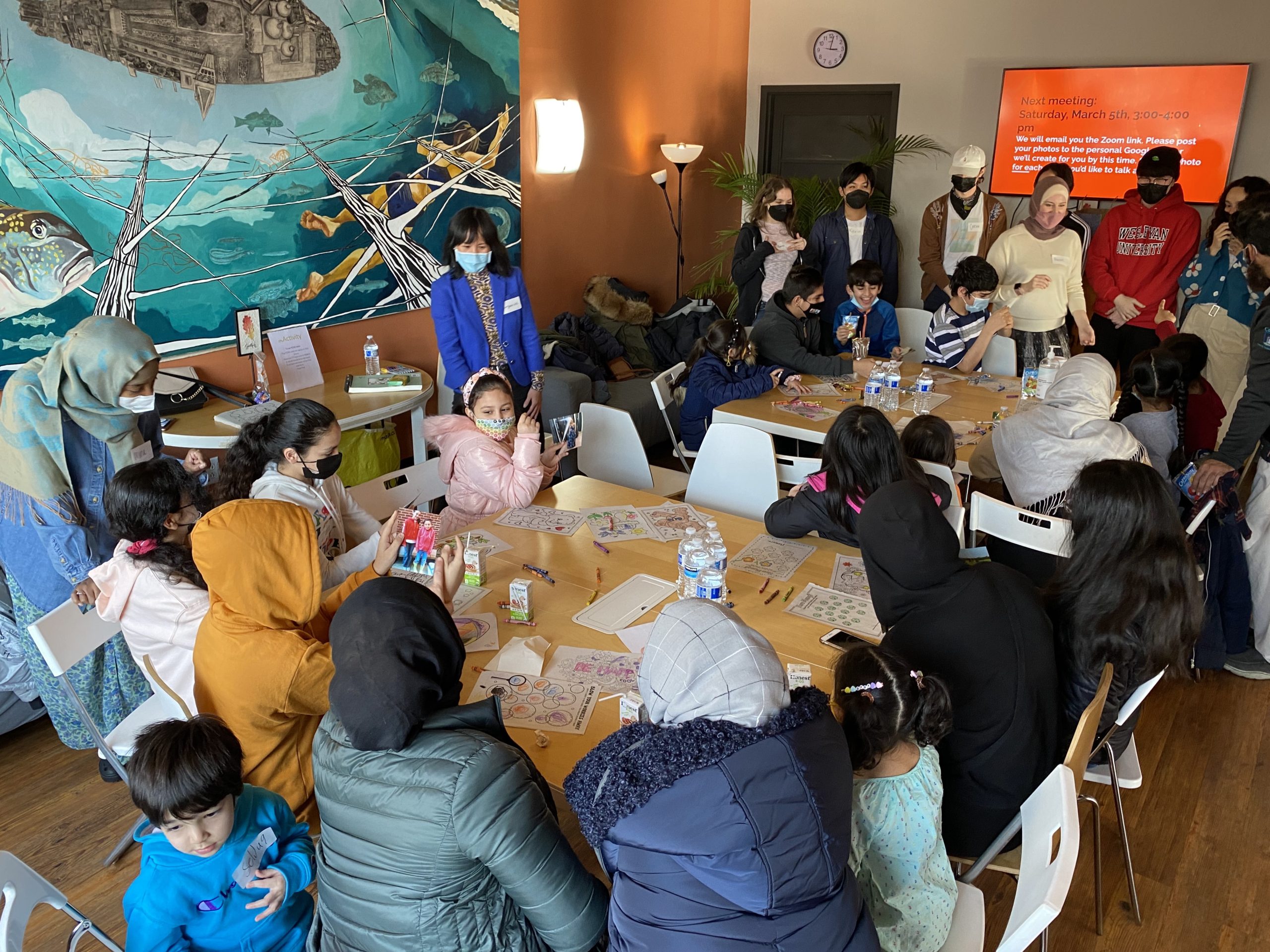By Marguerite Nguyen
As an English professor, I love stories and how they help us learn about the world and the people around us. But for the most part, my students and I engage written stories, not those in their original form—verbal narratives passed down over time, recording history while also depicting changes in people’s lives.
I was inspired to redesign one of my seminars at Wesleyan University, “Refugee Literature,” as a service-learning course after feeling the need to incorporate more diverse forms of storytelling into the classroom and connect students to communities. When I learned about Photovoice, it immediately struck me as an effective way to achieve these goals.
With funding from Wesleyan, I worked with my course assistant, Ashley Ogwang, and Rachel Schaffer and Varsha Jorawar from Elena’s Light, a New-Haven based nonprofit that aids refugee women and children, to design a Photovoice project for my class. We were also fortunate to have the guidance of Laura Lorenz, co-founder of PhotovoiceWorldwide, who taught the training workshop Rachel and I participated in. Elena’s Light recruited a dozen Afghani children, with whom they work, to participate. The kids took photos in response to prompts and met with my students throughout the semester to talk about their pictures. The goal was for the photographers to have fun and for students to support refugee storytelling.
The Photovoice component helped us to realize what a profound difference it makes when community narratives are included alongside course materials.

This proved to be one of the most illuminating teaching experiences I have had. The Photovoice component helped us to realize what a profound difference it makes when community narratives are included alongside course materials. Often, surprising connections were made between the photographers and college students, such as, what it’s like to be a twin, a shared love for beaches, or a fondness for TikTok. One participant shared that she had a TikTok account with over 1,000 followers! Photos of nature, family time, Afghani food, and sports were also popular, and shed light on the day-to-day lives of the children and the things that hold meaning for them.
Witnessing photographers actively thinking about storytelling was, for me, one of the most enlightening aspects of the project. One youth photographer discovered that she and a college student both love poetry, and the two shared with each other poems they had written about their mothers. Others expressed how much writing and reading meant to them. In response to the prompt “What are you good at?”, one participant took a picture of a composition book. “I love writing,” she said. She elaborated that creative writing has helped her deal with being made fun of in school, and was also something she simply enjoyed.
More serious topics also came up, especially when conversations veered off-topic, such as the reality that refugee families could not return to their home country. A photographer stated, “One thing that’s really sad is that we can’t go back.” Without using the term “refugee,” this participant demonstrated a strong grasp of what it means to be a refugee. I found her embrace and understanding of refugee experience heartening, because, so often, displaced people are encouraged to discard this aspect of their identity.
On my students’ end, the Photovoice project helped them see how class content and community go hand-in-hand. At times, conversations revealed the limits of classroom learning, as evident in the words of one college student: “Sometimes I found myself throwing all the theory I read out the window.” At other times, readings from class enhanced Photovoice discussions. Our previous study of post-9/11 racism against Brown youth, for example, helped us contend with the broader social context of refugee stories. Likewise, studying Ocean Vuong’s On Earth We’re Briefly Gorgeous helped students grasp the complexity of memory and family for refugees, which deepened our appreciation of one photographer’s excited comment: “I saw a food stand in New York City that reminded me of Afghanistan!” Finally, one boy’s remembrance of the beloved grandfather he left behind in Afghanistan—and thus could not be captured in a photo—resonated more strongly with the Wesleyen students because we had read widely about the difficulty refugees have when trying to put together the fragmented pieces of their lives.
Our Photovoice project was not without its challenges. Some students worried about asking the right questions and making sure the photographers were comfortable. Others were unsure about how to handle certain moments, for example, when there was verbal or physical sparring among siblings. In these instances, it was important to be sensitive to my students’ own stress factors and establish ways to navigate challenging situations. I found it helpful to remind students that we were trying to help Elena’s Light learn more about the refugee families they serve, and that the kids also liked hearing about the students’ own interests and experiences of college life.

The Photovoice project opened up a range of refugee experiences that provided a valuable counterpoint to the flattened stories of refugees we see in the news.
Through Photovoice, I hope we were able to shed light on an issue that is not granted a great deal of focus—the experiences of refugee children, particularly during a pandemic. As one Wesleyen student noted, the Photovoice project opened up a range of refugee experiences that provided a valuable counterpoint to the flattened stories of refugees we see in the news: “The project was a good counterbalance to the readings about the trauma of refugee experiences because it was so full of joy. Joy is so often missing from theory about refugeehood for fear that showing moments of lightness and comfort might compromise the ability of refugees to gain legal protection, or empathy, or both.”
Working with Photovoice and Elena’s Light helped us create a space that centered storytelling for refugee kids who are trying to make sense of their world, experiencing its ups and down, and crafting their agency within it
